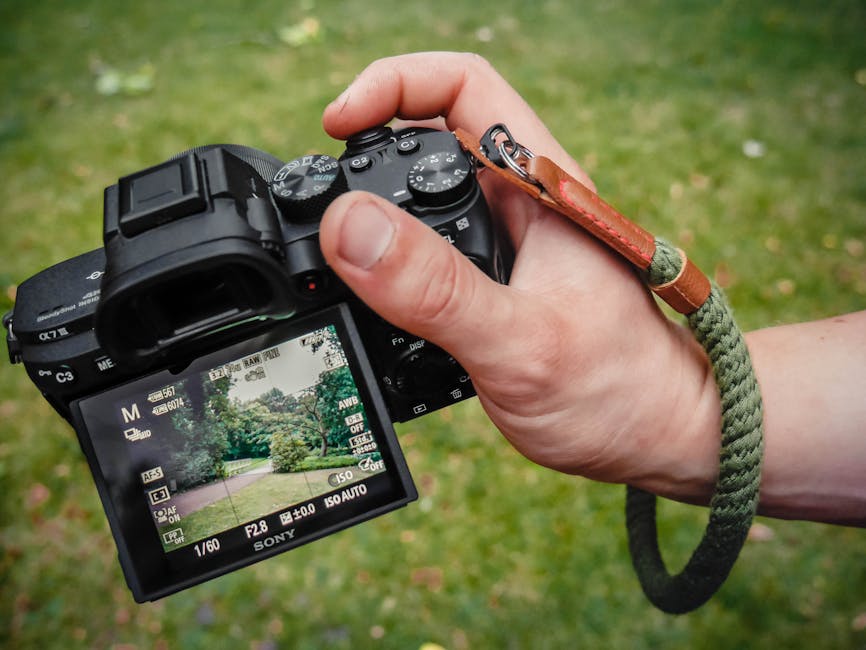So, you're thinking about diving into the world of photography and want to capture life's precious moments with stunning clarity. That's great! But with a dizzying array of digital cameras flooding the market, choosing the right one can feel like navigating a labyrinth. Fear not, budding photographer! We're here to equip you with the essential knowledge you need before taking the plunge.
First things first, let's demystify the two main types of digital cameras: DSLRs (Digital Single Lens Reflex) and mirrorless cameras. DSLRs, known for their robust build and optical viewfinders, offer exceptional image quality and are favored by professionals. Mirrorless cameras, on the other hand, are compact, lightweight, and boast lightning-fast performance, making them perfect for everyday photography and travel.
Next up, megapixels. While a higher megapixel count might seem impressive, it's not the be-all and end-all. Megapixels determine the resolution of your images, but factors like sensor size and lens quality play a more significant role in overall image quality. Don't be swayed by megapixel marketing hype alone.
Speaking of sensors, this is the heart of your camera. Larger sensors capture more light, resulting in better low-light performance and a shallower depth of field, allowing you to create that coveted blurry background effect. Consider your photography style and needs when evaluating sensor size.
Now, let's talk lenses. The beauty of interchangeable lens cameras is the ability to adapt to different shooting scenarios. Wide-angle lenses are perfect for landscapes, while telephoto lenses bring distant subjects closer. Prime lenses, with their fixed focal length, offer exceptional sharpness and wide apertures for stunning portraits.
Don't underestimate the importance of autofocus. A fast and accurate autofocus system ensures sharp images, especially when capturing moving subjects. Look for cameras with a good number of autofocus points spread across the frame for optimal performance.
Video capabilities are becoming increasingly important in today's multimedia world. If you're interested in shooting videos, consider factors like resolution, frame rate, and image stabilization. Many cameras now offer 4K video recording for incredibly detailed footage.
Finally, don't forget about ergonomics and handling. Hold the camera, get a feel for the button placement, and ensure it fits comfortably in your hands. After all, you want a camera that's a joy to use, inspiring you to capture all those special moments.

